Mozart told Josef Mysliveček that he often composed the introduction to a piece of music at night, then went to bed, and completed the composition the next morning.
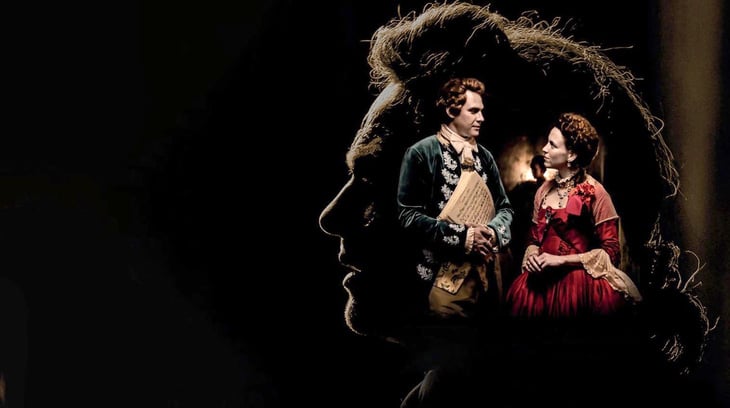
Il Boemo movie scene - Photo: ImDb
"Let the Gods let me live because they want to hear the ending of the song." As for Josef Mysliveček, he said he composed the music all night.
Now, we only know Mozart. Most of us no longer remember who Mysliveček was.
But when this conversation takes place in the biopic about the 18th-century Czech composer Mysliveček, Il Boemo (directed by Petr Václav) currently being shown at the European Film Festival in Vietnam (from November 14 to 28), Mozart was just a boy with natural talent, and Mysliveček was already a famous composer. The royal family at that time even mispronounced Mozart's name.
Not long before that, the filmmakers also revisited the life of Chevalier - a composer of the same era as Mozart, who was also very successful during his lifetime but later fell into oblivion, then created a competition between Chevalier in which Mozart was also defeated.
IL BOEMO (THE BOHEMIAN) - Trailer - European Film Festival 2023
But Mozart's jealousy of Chevalier is a figment of the cinematic imagination. Mozart's admiration for Mysliveček is recorded in history.
Unlike Mozart, who was born into a musical family and whose father was a famous composer and took the trouble to promote his son from the very beginning, Mysliveček was the son of a flour mill owner in Prague.
Il Boemo doesn't tell much about his past, as soon as we enter the film we see him as a music teacher. Only later do we learn a little about his background and the strained relationship with his family because of his pursuit of music.
The film creates a world full of glory and shame, pleasure and torment.
On stage, music soars; off stage, the pleasures and decadence of the aristocracy take hold.
Artists live precariously between the shore of brilliant art on one side and the edge of shame on the other.
An opera singer can despise even the king, but everyone still looks down on her like a prostitute. The king sits on the toilet, discusses music, and makes lewd advances toward the musician.
The work swings back and forth between two color palettes: the artistic performances of the film have a golden-orange color - splendid but tinged with darkness; the everyday moments of the film have a white-blue color - cold but also somewhat peaceful.
That contrast is like the life of the Czech composer: acclaimed then rejected, dedicating everything to music in exchange for what?
In exchange for passionate failed loves? Eternal separations? In exchange for gonorrhea from a chaotic life? Or in exchange for temporary fame and eternal oblivion?
Those who had prevented Mysliveček from pursuing music sometimes regretted that he had wasted his life. However, do people seek music to attain immortality?
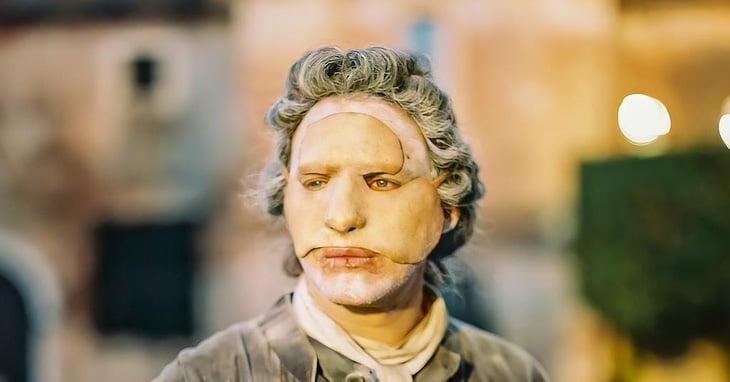
Mysliveček of Il Boemo
Perhaps Mysliveček's best performance is not when he is healthy, commanding the stage like a god.
The most beautiful scene of Mysliveček, which is also the most beautiful scene of the music in the film, must be when Mysliveček's face is ruined by gonorrhea, he has to be bandaged and wear a mask like a monster, sitting in front of the harpsichord to accompany his old best friend.
The famous singer Caterina Gabrielli, now old, no longer keeping up with musical trends, no longer having the appearance of a diva, the aria Il Caro Mio (My Beloved) he wrote especially for her voice.
The two friends were lost in the large, almost empty room, just as their whole life was ultimately nothing but a void.
Yet in the midst of that emptiness there is something that shines gently, like a beautiful melody, a sweet voice, and an old friendship.
There is a saying: "Fame and wealth flow to the east/ All things are like ripples." Pursuing fame and wealth is a mistake. People should pursue art to the end only for a temporary moment like this.
It was Mysliveček who introduced Mozart to the Italian opera tradition.
That mark still echoes in the way Mozart wrote arias and overtures, and the way he built characters in his later operas.
Source: https://tuoitre.vn/tien-boi-cua-mozart-20241117101332992.htm



![[Photo] President Luong Cuong receives President of the Senate of the Czech Republic Milos Vystrcil](/_next/image?url=https%3A%2F%2Fvphoto.vietnam.vn%2Fthumb%2F1200x675%2Fvietnam%2Fresource%2FIMAGE%2F2025%2F11%2F20%2F1763629737266_ndo_br_1-jpg.webp&w=3840&q=75)


![[Photo] Lam Dong: Panoramic view of Lien Khuong waterfall rolling like never before](/_next/image?url=https%3A%2F%2Fvphoto.vietnam.vn%2Fthumb%2F1200x675%2Fvietnam%2Fresource%2FIMAGE%2F2025%2F11%2F20%2F1763633331783_lk7-jpg.webp&w=3840&q=75)
![[Photo] National Assembly Chairman Tran Thanh Man holds talks with South Korean National Assembly Chairman Woo Won Shik](/_next/image?url=https%3A%2F%2Fvphoto.vietnam.vn%2Fthumb%2F1200x675%2Fvietnam%2Fresource%2FIMAGE%2F2025%2F11%2F20%2F1763629724919_hq-5175-jpg.webp&w=3840&q=75)

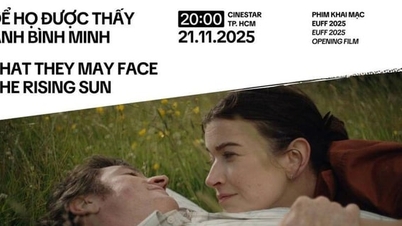

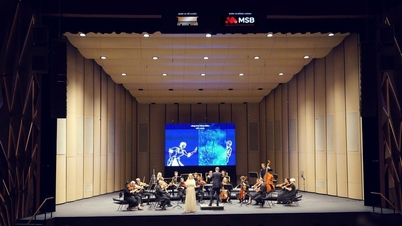







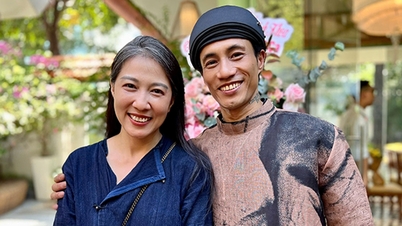
























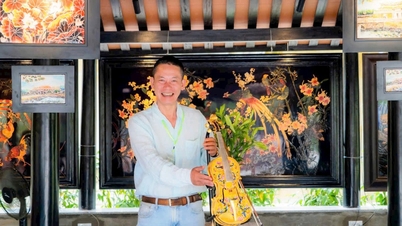




























































Comment (0)